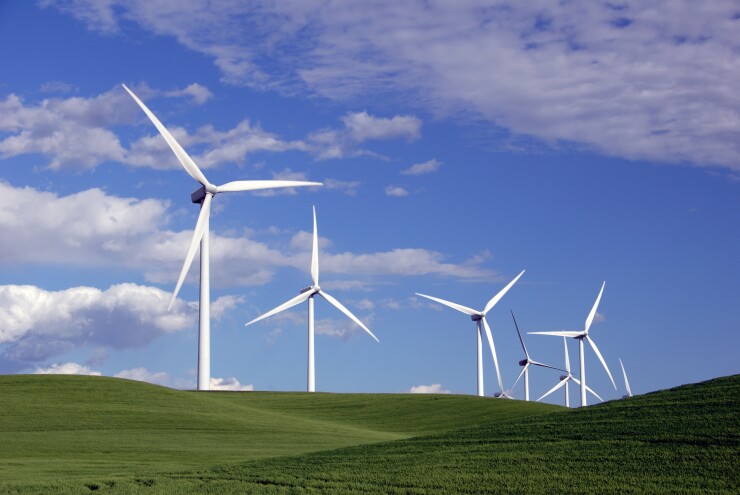Democrats on the tax-writing House Ways and Means Committee are proposing a set of tax breaks for renewable energy to combat climate change and reduce greenhouse gas emissions.
House Ways and Means Select Revenue Measures Subcommittee Chairman Mike Thompson. D-California, reintroduced the Growing Renewable Energy and Efficiency Now, or GREEN Act last week, co-sponsored by other Democrats on the committee. The bill was originally introduced last June and includes tax breaks for both businesses and individuals. It also lays the groundwork for a pricing scheme for greenhouse gas emissions that could eventually lead to carbon taxes.
The
“Climate change is the most pressing issue of our time and we must act boldly to address this existential threat,” Thompson said in a statement. “That’s why I am proud to again introduce the GREEN Act, a sweeping bill that will use our Tax Code to help tackle climate change. This bill expands the use of renewable energy through federal tax incentives that will promote clean energy technologies and faster deploy zero-emissions vehicles. These incentives will, in turn, shift our energy use and lessen our carbon footprint, dramatically reducing greenhouse gas emissions.”
The bill would build on the current tax incentives that spur the deployment of green energy technologies, while offering new incentives for activities that reduce greenhouse gas emissions. It would encourage residential investments in green energy and energy efficiency, and expand the current incentives for energy efficiency and conservation in homes and buildings, with updated standards. The GREEN Act would also incentivize greater adoption of zero-emission cars, vans, and buses through tax credits for buying vehicles, and supporting deployment of publicly accessible electric vehicle charging infrastructure. The bill also would invest more money in creating a “green workforce” by providing tax credits for advanced manufacturing facilities and mechanical insulation installations.

In addition, the legislation would aim to advance environmental justice by providing a tax credit for university programs that focus on the impacts of climate change on low-income communities and communities of color, while prioritizing projects that include historically Black colleges and universities and similar institutions of higher learning.
Another provision in the bill could lay the groundwork for carbon taxes by requiring the Treasury Department to examine the administrative issues associated with pricing greenhouse gas emissions using existing emissions reporting data from the Environmental Protection Agency.





